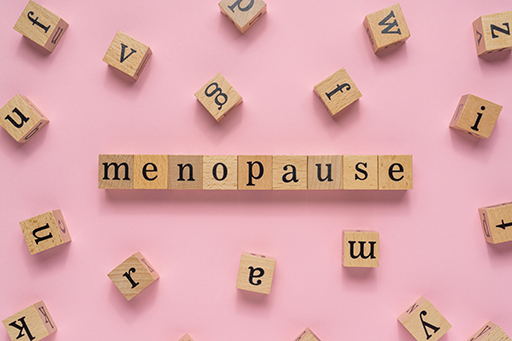4 Why do words matter?
It is interesting to notice the vocabulary that is often used around ‘menopause’. Words like ‘lack’, ‘loss’, ‘decline’, ‘old’, ‘thinning’, ‘dry’, ‘infertile’, ‘symptoms’ and ‘problems’ are quite common. This kind of vocabulary can encourage people and societies to associate menopause with ‘suffering’ and to treat it as an illness, medical condition or dysfunction (Rayner and Fitzgerald, 2016), with ‘solutions’ coming from medication and clinical interventions. Moreover, the terminology that is widely used can be disempowering, making people feel as if they are losing who they are, becoming a burden, that they are no longer sexually attractive, and are on a downward slope in their lives. Indeed in some societies there is no terminology for the menopause and it is regarded as so taboo that it is never discussed.
In this course, you will find some different words, helping you to view the menopause in a different way, as a new beginning (Rayner and Fitzgerald, 2016), a time of positive change and transition to another phase of life – the mid-life. Thebe (2020) goes as far as to say it’s a ‘magical’ time. This view is supported by conversations around mid-life suggesting that this time could be a time of freedom, joy and a feeling of flourishing (Williamson, 2008). These interpretations and an understanding of terminology can help to de-stigmatise the menopause, raise awareness of its impact and remove the embarrassment often experienced when people talk about it (Newson, 2019).

